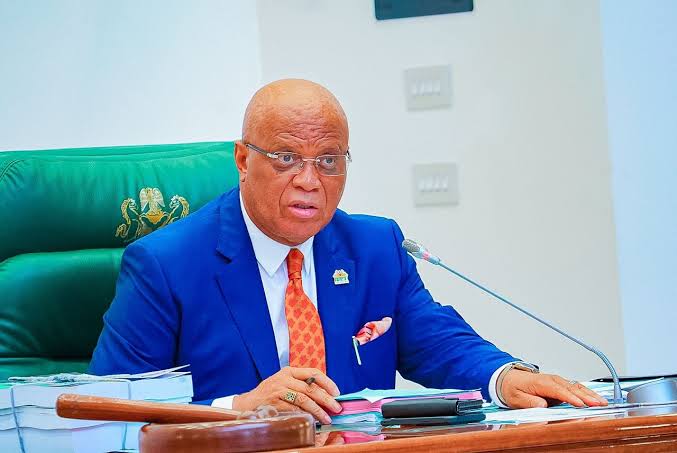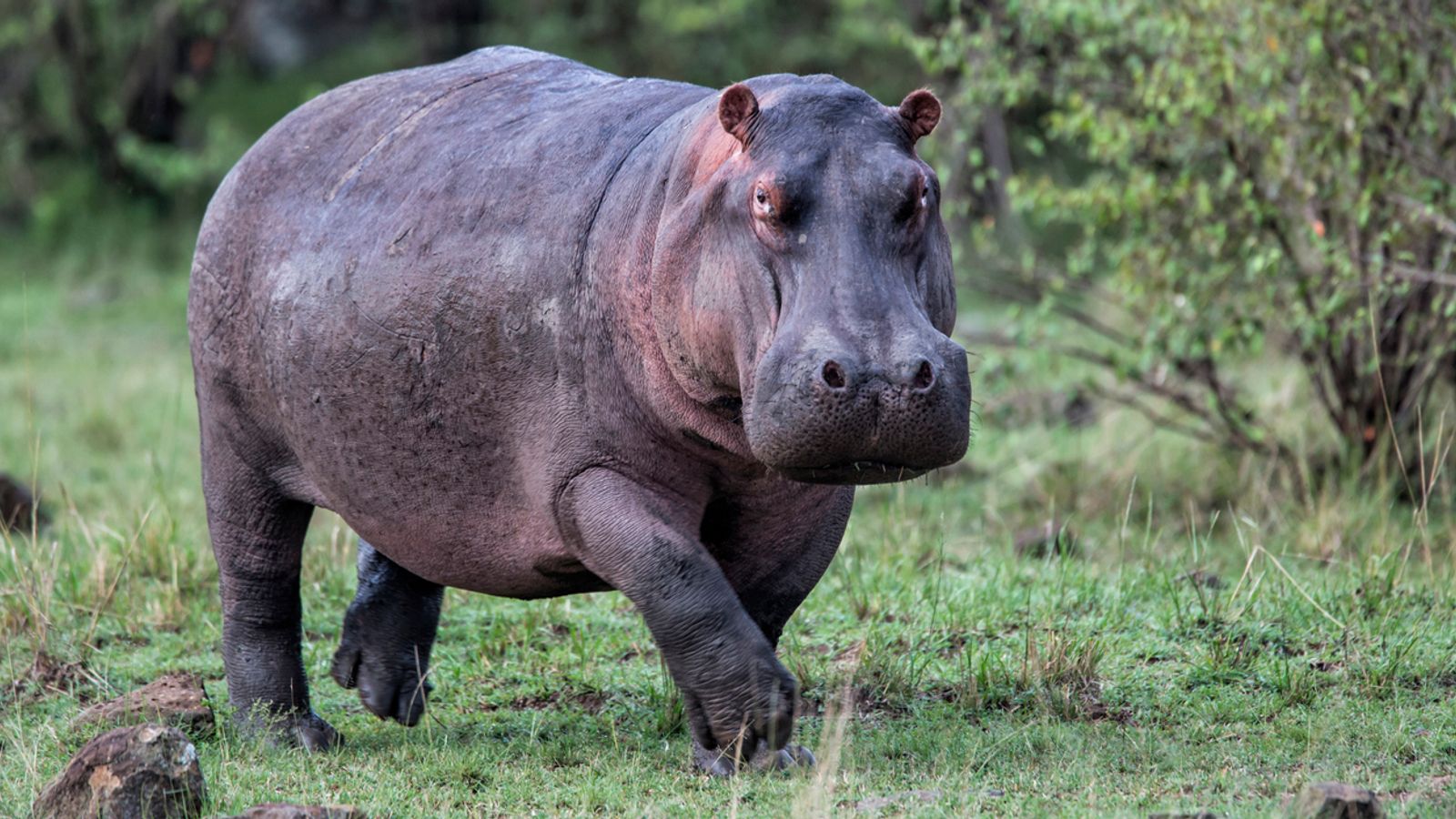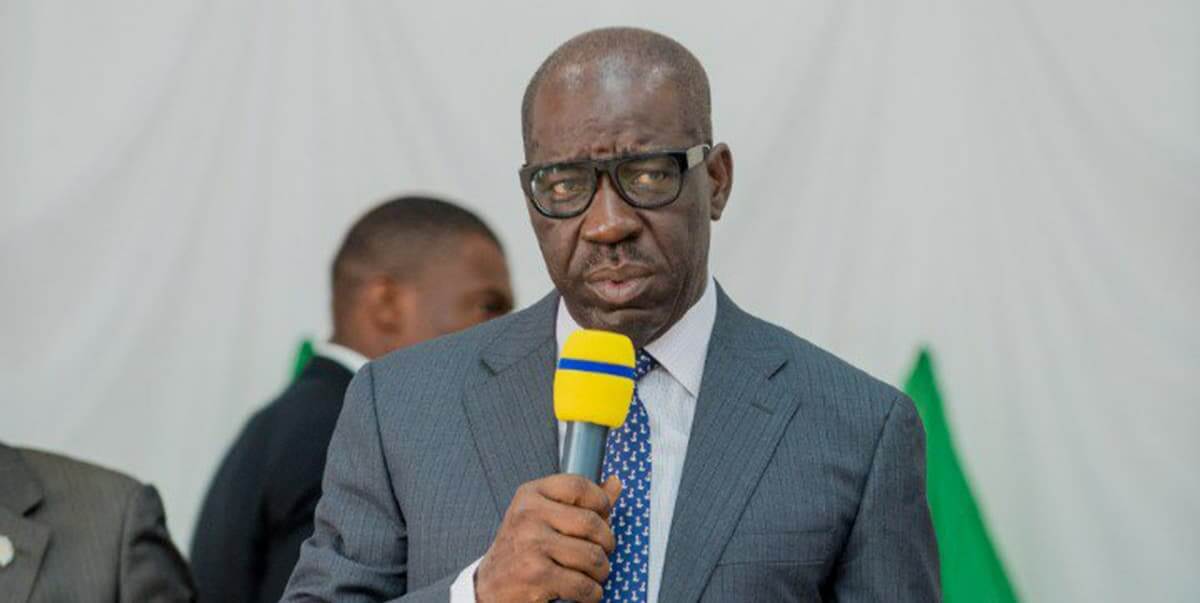Following reports of deaths in illegal mine sites and the alleged criminal involvement of foreign nationals, the federal government has alerted embassies in Nigeria to monitor the activities of their citizens. The warning was specific to the effect that such allegations of criminal conduct pose severe threats to the bilateral harmony between Nigeria and the countries concerned.
The latest in a series of warnings that dates back to the past administration of President Muhammadu Buhari was in reaction to the death of 12 miners, who were shot dead by bandits at Unguwar Magro Village of Shiroro Local Government Area of Niger State.
A statement from the minister of Solid Minerals Development, Dele Alake, said preliminary reports fingered non-Nigerians active in the mining businesses as funders of such operations. The statement warned that anyone found will be prosecuted for economic sabotage and war against the Nigerian State.
This newspaper recalls that on June 3, 2024, a mining pit collapsed in Shiroro Local Government Area of Niger State, burying scores of local miners alive. A pressure group which operates in Niger State, the Renevlyn Development Initiative (RDI), a nongovernmental organization, disclosed that during a field visit to Galadima-Kogo, villagers said that contrary to the claim by the state Emergency Management Agency that 30 people were trapped, seven were rescued. One person was confirmed dead, but the number of people trapped in the pit was more than 50.
FG Plans Forensic Audit Of Mining Sector
As if this was not tragic enough, barely two weeks later, another pit collapsed at Bazakwoi in the Adunu district of Paikoro local government area of the state, with three persons confirmed dead. In contrast, one person was rescued alive with injuries.
The director-general of the Niger State Emergency Management Agency (NEMA), Alhaji Abdullahi Baba Arah, who confirmed the incident, said the pit collapsed at an illegal gold mining site, resulting in the death of the three miners.
We recall that mining activities were banned last year in the Shiroro area and neighbouring districts where the mine collapsed due to security and safety concerns. It is alarming that unreported mining accidents have become commonplace in the country, often involving illegal miners, most of them financed by foreigners and their local collaborators
Recently, Nigeria recorded several casualties from illegal mining, which has become a fallback option for many rural dwellers, mostly unskilled, seeking ways to eke out a living. In January 2024, four women miners died at a mining site in Gudum Seyawa, an agrarian settlement in Bauchi State.
Also, in January this year, a deadly blast which rocked Ibadan reportedly killed two people and injured 77 others. The tragedy was blamed on explosives stored by illegal miners.
A statement by RDI described the growing incident of mine collapses as another phase in the saga over solid mineral extraction in the country, which also causes despoliation of the environment, child labour issues, reported sex slave trafficking and a clear lack of proper oversight by regulatory agencies to ensure the safety of people participating in it.
We are worried that both the federal and state governments are behaving like ostriches, with their heads to the ground, in terms of tackling the issues surrounding mining in the country. Collapsed mining sites are a recurrent situation that governments at all levels must take decisive action to tackle because of the inherent danger associated with mining activities generally.
Besides the vexatious aspect of illegal mining activities, we are also concerned about the disconnect between the federal and state governments on mining policies and how best to implement them.
At a recent meeting on the issue, stakeholders in Nigeria’s mining sector warned the government about escalating challenges threatening the industry’s progress. They noted that the actions of some state governments are not only a disservice to the federal government’s efforts to attract foreign investors to the sector but also inimical to the growth of the industry, which has not fully resurged from the coma of decades-long abandonment.
They also identified the unbridled interference of state governments in mining operations in their territories as a major hindrance in the sector, in contrast to the provisions of the Constitution of the Federal Republic of Nigeria and the Nigerian Minerals and Mining Act of 2007, which vested the federal government with exclusive ownership and control of mineral resources.
In our view, the Ministry of Solid Minerals Development should implement comprehensive framework reforms for regulating the mining industry. Similarly, advocacy to state governments is not out of place to curb undue interference and usurpation of the federal government’s functions in the solid minerals sector.
We are persuaded to argue that a streamlining of the policies and the modalities for their implementation will help in checking the rate of accidents at mines.

 3 weeks ago
4
3 weeks ago
4















 English (US) ·
English (US) ·